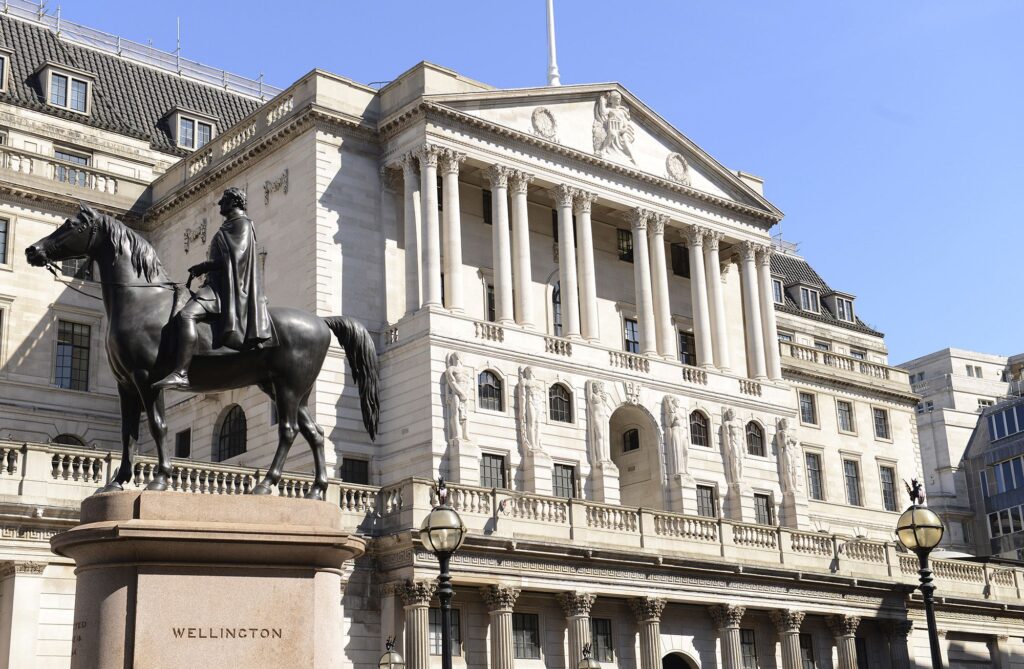
In a surprising move, the Bank of England (BoE) recently announced a cut in its base interest rate, lowering it from 5.25% to 5%. This decision marks a significant shift in monetary policy, aimed at stimulating the economy amid ongoing economic uncertainties and signs of a slowdown. We will explore the reasons behind this rate cut, its anticipated economic impact, and how it is likely to affect the property market and property investments.
Understanding the Rate Cut
The primary purpose of a base rate cut is to make borrowing cheaper and saving less attractive, thereby encouraging spending and investment. The Bank of England’s Monetary Policy Committee (MPC) decided to lower the rate to counteract sluggish economic growth, persistent inflationary pressures, and global economic uncertainties.
Economic Impact
- Consumer Spending: Lower interest rates reduce the cost of borrowing, which can lead to increased consumer spending. Households might find it cheaper to finance large purchases, such as cars and home improvements, thereby boosting retail sales and economic activity.
- Business Investment: For businesses, a lower interest rate means reduced costs for financing expansion and operations. This can lead to increased investment in infrastructure, technology, and workforce, potentially fostering economic growth and job creation.
- Inflation Control: While the primary aim is to stimulate growth, the BoE must also ensure that inflation remains under control. Lower rates can lead to higher demand, which might push up prices. The MPC will need to balance these effects to avoid runaway inflation.
- Exchange Rates: A cut in interest rates often leads to a depreciation of the national currency. A weaker pound can make UK exports more competitive internationally, potentially improving the trade balance. However, it can also increase the cost of imports, adding inflationary pressures.
Impact on the Property Market
- Mortgage Rates: One of the most direct effects of a base rate cut is on mortgage rates. Lenders typically lower their mortgage rates in response, making home loans cheaper. This can lead to an increase in mortgage approvals as homebuyers take advantage of the lower rates, thereby stimulating the housing market.
- Housing Demand: Cheaper borrowing costs can boost demand for housing, potentially leading to higher property prices. First-time buyers and investors alike may find the lower rates attractive, driving up competition for available properties.
- Refinancing Boom: Homeowners with existing mortgages might seek to refinance their loans at the new lower rates, reducing their monthly payments and increasing disposable income, which can further stimulate economic activity.
Impact on Property Investment
- Increased Investment: Property investors often rely on borrowing to finance their purchases. Lower interest rates reduce the cost of these loans, making property investment more attractive. This could lead to increased activity in the buy-to-let market and the acquisition of commercial properties.
- Yield Considerations: While lower borrowing costs are beneficial, investors must also consider rental yields. If property prices rise significantly due to increased demand, the rental yields may not increase proportionally, potentially affecting the overall return on investment.
- Commercial Real Estate: The rate cut could also have positive effects on the commercial real estate sector. Businesses looking to expand might invest in new premises, benefiting commercial landlords and developers.
Conclusion
The Bank of England’s decision to cut the base rate to 4.75% is a strategic move to stimulate the economy amidst a backdrop of uncertainty. The rate cut is expected to boost consumer spending and business investment, albeit with potential inflationary side effects. In the property market, lower mortgage rates are likely to increase housing demand, drive property prices up, and create opportunities for property investors. However, investors must remain cautious about the balance between rising property prices and rental yields. As always, the long-term impacts will depend on various factors, including global economic conditions and future monetary policies.
At Lifeboat Lettings we are dedicated to helping Kent landlords and property investors make the most of the current market conditions. Our team of experts is on hand to offer tailored advice on how this base rate cut could impact your property investments. Contact us today to discuss your strategy and ensure your portfolio remains resilient in these dynamic times.
Let us navigate the waters while you focus on growing your property portfolio with confidence.
Don’t miss out on the opportunity to protect your assets, maximise tax efficiency, and access financing more easily. Reach out to us today and secure your future in property investment.
Take the first step towards financial security and peace of mind. Contact The Property Lifeboat now!

